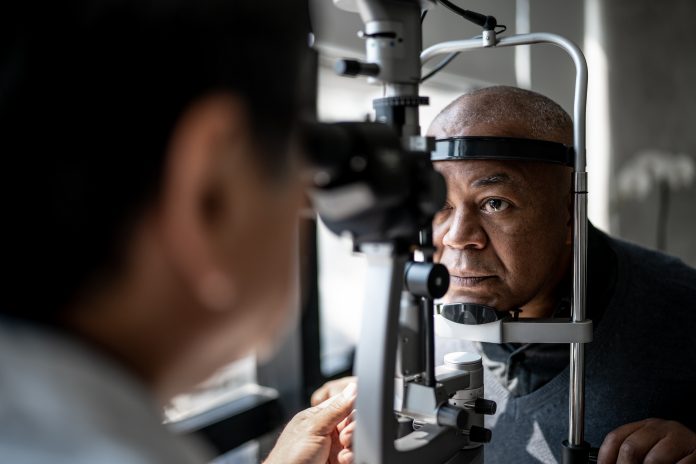
Astellas is acquiring Iveric Bio for approximately $5.9 billion, making Iveric a wholly-owned subsidiary. The purchase price, $40.00 per share, represents a premium of 64% to Iveric’s closing share price of $24.33 on March 31, 2023. Both companies’ boards of directors unanimously approved the transaction.
Naoki Okamura, president and CEO, Astellas, said “Iveric Bio has promising programs including Avacincaptad Pegol (ACP), an important program for Geographic Atrophy (GA) secondary to age-related macular degeneration (AMD), and capabilities across the entire value chain in the ophthalmology field. We believe that this acquisition will enable us to deliver greater VALUE to patients with ocular diseases at high risk of blindness.”
Astellas has identified blindness & regeneration as one of its areas of primary focus. All of its current products in development in this field are in discovery, preclinical, or phase I.
In February 2023, the U.S. FDA accepted Iveric’s New Drug Application (NDA) for ACP for the treatment of GA secondary to AMD. The NDA has been granted priority review with a goal date of August 19, 2023. The company pipeline also includes ACP in Stargardt disease and IC-500 (an HtrA1 inhibitor) in preclinical studies for GA.
AMD is the major cause of moderate and severe loss of central vision in aging adults, affecting both eyes in the majority of patients. The macula is a small area in the center of the retina responsible for central vision. As AMD progresses, the loss of retinal cells and the underlying blood vessels in the macula results in marked thinning and/or atrophy of retinal tissue. Geographic atrophy (GA) is the late stage of AMD that leads to progressive and irreversible vision loss.
It’s estimated that one in 10 Americans over 50 have early AMD and one out of 100 people in this age group have the vision threatening late form of AMD.
Avacincaptad pegol (ACP) is a novel complement C5 protein inhibitor. It’s thought that overactivity of the complement system and the C5 protein play a critical role in the development and growth of scarring and vision loss associated with GA. Because it targets C5, ACP has the potential to decrease activity of the complement system that causes the degeneration of retinal cells and potentially slow the progression of this condition.
ACP met its primary efficacy endpoint (reduction of the rate of GA progression) with statistical significance across two pivotal clinical trials, (GATHER Clinical Trials). The primary efficacy endpoints in both studies were based on GA area measured by fundus autofluorescence at baseline, month six, and month 12.
In addition, Astellas reports the acquisition of Iveric Bio will provide the big pharma ophthalmology focused capabilities, including a multi-faceted commercial team, expansive network of experts in the ophthalmology field, established relationships with medical institutions, and the infrastructure and experience to drive the combined ophthalmology business going forward.
“The opportunity to create a world-class entity with the ophthalmology expertise and capabilities of Iveric Bio and the global reach and resources of Astellas is unique and has the potential to benefit patients worldwide suffering from blinding retinal diseases, including GA,” said Pravin U. Dugel, MD, president of Iveric Bio.
